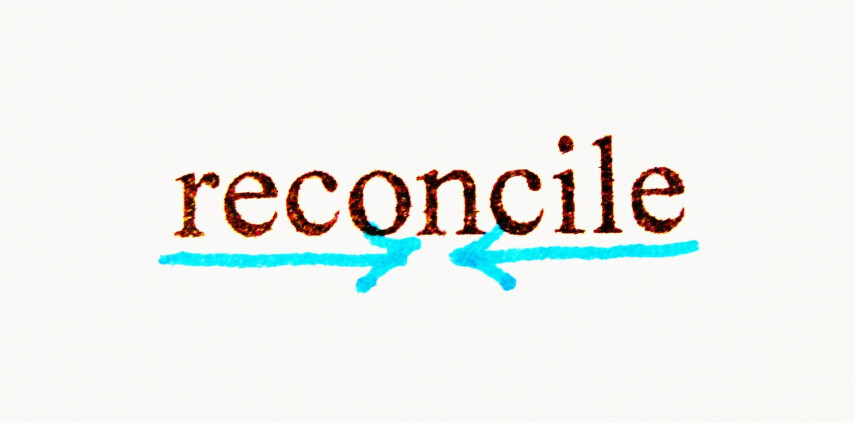Forgive - Reconcile - Which is Which??

When Forgiveness Doesn’t Require Reconciliation
In the carnage of relational wounds, many believers wrestle with a profound question: “Do I have to reconcile with someone just because I’ve forgiven them?” The tension between forgiveness and reconciliation is real—and biblically, they are not the same. These are terms often exchanged back and forth, but they have distinct meanings and implications. While forgiveness is always commanded, reconciliation is conditional, and great damage has happened when these get mixed up.
Scripture calls us to forgive unconditionally. As Paul writes in Colossians 3:13, “As the Lord has forgiven you, so you also must forgive.” This forgiveness is not optional; it’s a reflection of the mercy we’ve received. Our forgiveness is an outflowing evidence of the forgiveness we’ve received. I like Vaneetha Rendall Risner’s comment on it: forgiveness is “both an initial decision to let go of bitterness as well as a long, ongoing process.” It’s unilateral - commanded - and beautifully difficult. In fact, I’ve submitted that without the Holy Spirit, it is wholly impossible.
Reconciliation is Both Conditional & Collaborative
While forgiveness is a personal and unilateral act, reconciliation requires mutual effort. Steve Cornell, with The Gospel Coalition clarifies this distinction: “Forgiveness is always required by God, but it does not always lead to reconciliation.” Reconciliation involves restoring trust and relationship, which necessitates genuine repentance and change from the offender, among other things.
Tim Keller would even further distinguish between attitudinal forgiveness and reconciliation: “Attitudinal forgiveness can occur without reconciliation, but reconciliation cannot happen unless attitudinal forgiveness has already occurred.”
Also, in situations involving repeated harm or abuse (especially of a minor), reconciliation may not be wise. Those who are repeat offenders or whose act was very significant need to acknowledge themselves that reconciliation is a process that might take time - even years - and in some cases may be out of reach. Trust cannot be built back in a day, or with heartfelt genuine words alone.
The Path Forward
Forgiveness is a non-negotiable aspect of the Christian life, reflecting our understanding of the grace we've received. Reconciliation, while desirable, is not always feasible or safe. In cases where the offender remains unrepentant or the relationship poses a continued risk, maintaining healthy boundaries is wise.
Ultimately, we are called to forgive as Christ forgave us, releasing bitterness and resentment and entrusting justice to God. This act of forgiveness, even without reconciliation, is a powerful testament to the transformative work of the Gospel in our lives. And, according to John, without it, we’re without the confidence of claiming our changed state. Being “blinded by darkness” in how we hate each other shows we either don’t believe the gospel - or trust it.
Other helpful articles on this topic
